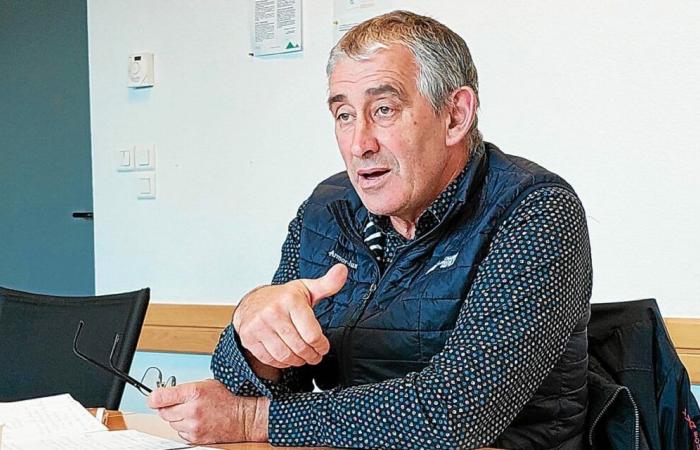They announced it at the beginning of the week: after the demonstrations and blockages of last winter, the FNSEA and the Young Farmers are calling for mobilization again from November 15. A movement which should allow many issues to be put back on the table. Among them, the free trade agreement that the European Union could sign in November with the Mercosur countries (Argentina, Brazil, Uruguay, Paraguay and Bolivia) and which could open the doors of the market to products more competitive than French foodstuffs.
Balance game
For Loïc Guines, president of the Ille-et-Vilaine Chamber of Agriculture, the matter is not so simple. “It’s always a balancing act […] Milk producers could benefit from this and meat producers could benefit from disadvantages,” explains this organic dairy farmer from Pays de Fougères. The problem is that it is precisely meat producers who, today, earn the least income from their activity in the face of rising costs, while for milk, “it’s better than it was”. We must therefore “try not to add more and find solutions so that income increases”.
Loïc Guines warns, however, that the agreement with Mercosur, which France is not in favor of, does not only concern agriculture: “We have to be careful not to fight among ourselves because on the other side, perhaps there are agreements to sell planes, cars, nuclear power plants or TGVs. We are in the middle of all that. »
Beyond Mercosur, the farmer, former boss of FNSEA Ille-et-Vilaine, notes that some of the promises made by the government at the end of the last agricultural movement have not been implemented. Promises on “taxation, on aid for certain sectors or even on simplification”. What will become of them, when the government plans 60 billion euros in savings in 2025?
What about the government's promises?
The Minister of Agriculture, Annie Genevard, assured this Wednesday, October 23: “the commitments made will be kept”. Loïc Guines hopes so because agriculture faces many challenges – diseases, decarbonization, inflation, geopolitical crises, climate change, etc. – and needs to be supported. Due to bad weather, cereal growers, for example, saw their yields fall.
To “move things forward” and “calm down the debate”, the president of the Bretillian Chamber of Agriculture, whose six-year mandate will end next January, advocates dialogue and consultation. He thus wishes to “put everyone around the table”: farmers, elected officials, communities, the State, etc. He also calls for more efficiency in public policies and in the use of public money. Easier said than done.
France






